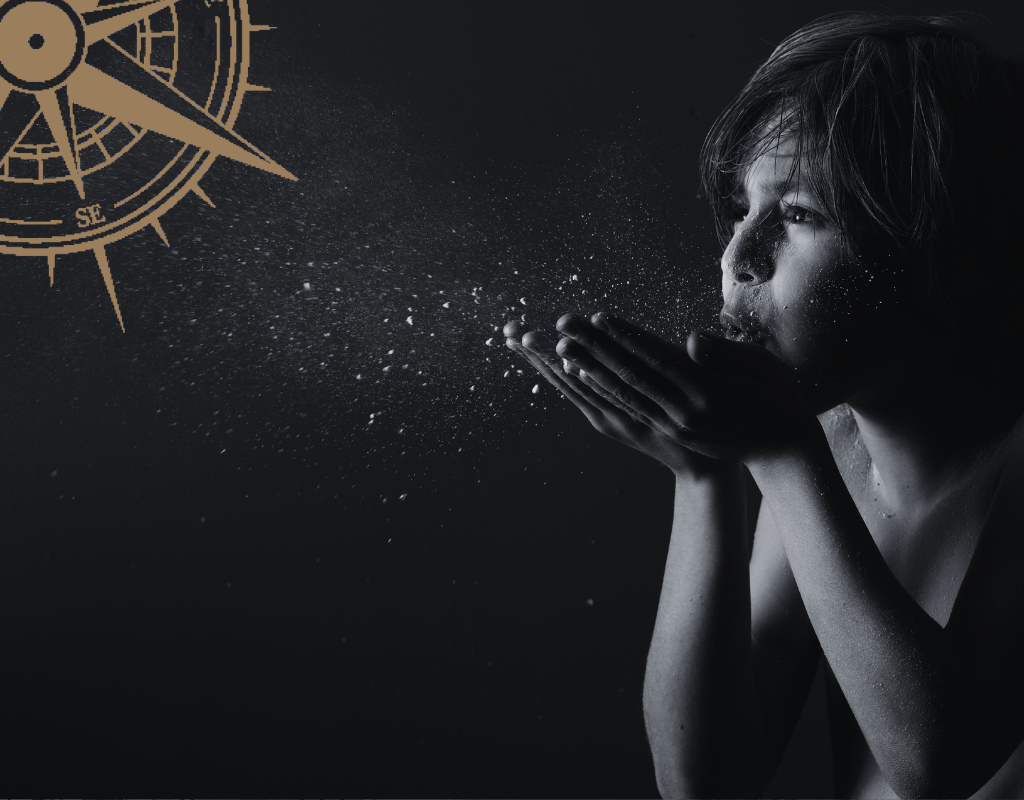Have you heard of Peter Pan Syndrome?
Grow Yourself To Grow Your Business
Smash through growth ceilings,
again and again to new heights
in business, leadership and life.
It’s when individuals struggle to mature emotionally and mentally in certain areas of their lives despite growing physically and chronologically.
Imagine an individual who excels in their career, perhaps growing a business or even climbing the corporate ladder.
On the surface, they appear successful, dedicated, and driven.
However, beneath this façade of accomplishment lies a reluctance to fully embrace the responsibilities and challenges that come with adult career life…
While they may excel in their specific job tasks, they struggle with broader aspects of professional maturity, such as taking initiative, leadership, or adapting to new roles or environments.
This individual may resist stepping out of their comfort zone or taking on additional responsibilities, preferring the safety and familiarity of their current position.
As a result, despite outward signs of success, they may find themselves stagnating in their career growth, unable or unwilling to pursue opportunities for advancement or personal development.
This is also known as Arrested Development.
This phenomenon manifests in various aspects, such as relationships, responsibilities, and emotional regulations.
Here’s an overview of why it happens and how it manifests:
-
- Developmental Trauma: Early life experiences, such as trauma, neglect, or inconsistent caregiving, can disrupt normal emotional and psychological development. These experiences may create a sense of insecurity or fear, leading individuals to avoid emotional intimacy or responsibility as a way to protect themselves.
- Overprotective Parenting: Sometimes, overprotective or indulgent parenting can hinder a child’s ability to develop independence and autonomy. These individuals may have grown accustomed to having their needs met without having to take responsibility for themselves, leading to a reluctance to face adult challenges.
- Fear of Failure or Rejection: Some individuals may fear failure or rejection in adult roles or relationships, leading them to avoid situations that could trigger these fears. As a result, they may cling to behaviours or interests associated with childhood as a way to avoid facing these anxieties.
- Spouse Financially Taking Care Of You: Some individuals may become reliant on their partner to fulfil their financial needs, allowing them to avoid taking responsibility for themselves. This dependence can reinforce a sense of immaturity or reliance on others, inhibiting their ability to develop independence and autonomy.
- Cultural Factors: Societal norms and expectations can also influence the development of Peter Pan Syndrome. In cultures that prioritize youthfulness or where there is a lack of clear rites of passage into adulthood, individuals may feel less pressure to mature and may prolong behaviours associated with adolescence or childhood.
- Coping Mechanisms: For some individuals, arrested development serves as a coping mechanism for dealing with stress, anxiety, or other mental health issues. Engaging in activities or behaviours associated with childhood may provide temporary relief from adult responsibilities or emotional distress.
There are many factors that influence Peter Pan Syndrome. It’s a complex interplay of psychological, developmental, and environmental factors that can impede individuals’ ability to fully mature and navigate adulthood effectively.
Why do you want to be aware of Peter Pan Syndrome?
If we are not willing to lean into the responsibility that comes with creating and growing a business, it will be the growth ceiling that keeps us in the status quo.
If you avoid adult responsibilities such as financial management.
For some people, there can be a part that doesn’t want to let go of things associated with childhood, such as video games.
There can be a reluctance to confront or address personal issues or challenges, instead preferring to escape or avoid them.
Which may be why some people struggle to move forward because they are attached to the past.
Human behaviour is complex, and understanding the psychological concepts that impact an individual will help you provide valuable insights into not only your own life but those you work with.
By recognizing the underlying factors that contribute to certain behaviours or patterns, we can better understand why people think, feel, and act the way they do.
This understanding enables you to find the problem under the problem and heal with a deeper awareness.
Tanya x
Leadership Coach & Master Certified Demartini Method Facilitator
BAppSoSc (Counselling)
